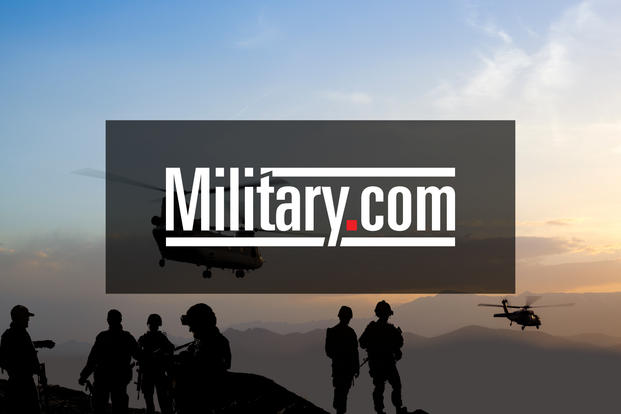Republican presidential nominee Donald Trump renewed his charges Monday that President Barack Obama and former Secretary of State Hillary Clinton allowed the rise of the Islamic State and proposed alliances with any state, including Russia, in a campaign to destroy the terror group.
Possibly his biggest round of applause from an invited audience at Youngstown State University in Ohio came when he declared that U.S. "nation building" in the Mideast and elsewhere would come to an end in a Trump administration.
"Our current strategy of nation-building and regime change have been a total disaster -- it's time to chart a new course," he said. "When I become president, the era of nation-building will be brought to a swift close."
Trump said he favored a new type of "foreign policy realism" that would overlook a potential ally's acts of aggression, internal policies and human rights track record to get cooperation in an anti-ISIS campaign.
"We cannot let this evil continue," he said. "We will defeat Islamic terrorism just like we've defeated every threat before.
"Our new approach must be to halt the spread of radical Islam," he added. "All actions should be oriented around this goal and any country which shares this goal will be our ally. We cannot always choose our friends but we can never fail to recognize our enemies."
Russia led by President Vladimir Putin appeared to be at the top of the list for new allies when Trump said, "Wouldn't that be a good thing?"
Joint Chiefs Chairman Marine Gen. Joseph Dunford has repeatedly named Russia as the major "existential' threat to the U.S.
Even so, the Obama administration has proposed a new pact on Syria to the Russian government that would deepen military cooperation between the two countries against terrorists in exchange for Russia getting the Assad regime to stop bombing U.S.-backed rebels, The Washington Post reported.
The speech, billed as a major address by his campaign, followed on an economic address last week that was overshadowed by his off-the-cuff remarks calling Obama and Clinton the "founders" of ISIS.
Trump appeared to stick mostly to his prepared remarks Monday while renewing his allegations that Obama, abetted by Clinton, by design or negligence presided over the rise of the Islamic State of Iraq and Syria.
"The rise of ISIS is the direct result of policy decisions made by President Obama and Secretary of State Clinton," Trump said.
Prior to Obama's coming to office in 2009, Trump said, "Libya was stable, Syria was under control, Egypt was ruled by a secular president and ally to the U.S., Iraq was experiencing a decrease in violence and Iran was being choked off by economic sanctions."
The candidate also used the speech to renew his call for a ban on immigrants from countries with a "history of exporting terrorism," saying it is impossible to properly vet people coming from those places.
Under Trump's plan, immigrants would also be subjected to tests to show a commitment to U.S. values, including religious freedom and tolerance. He advocated "a new screening test for the threats we face today." He said of the process, "I call it extreme vetting -- extreme, extreme vetting."
At a campaign rally with Clinton in Scranton, Pennsylvania, Vice President Joe Biden mocked what he called Trump's fondness for authoritarian leaders such as Putin and the late dictator Saddam Hussein, and went on criticize the Republican nominee in personal terms, citing his late son Beau Biden.
"I was proud my son Beau -- served for a year in Iraq," Biden said. "I must tell you had Donald Trump been president I would have thrown my body in front of him … to keep him from going if the judgment was based on Trump's decision."
Beau Biden, who died of brain cancer in May 2015, was a major in the Judge Advocate's General Corps of the Delaware Army National Guard and deployed to Iraq in 2008.
-- Richard Sisk can be reached at Richard.Sisk@Military.com.
Related Video:
Five Things You Don’t Know: ISIS





























